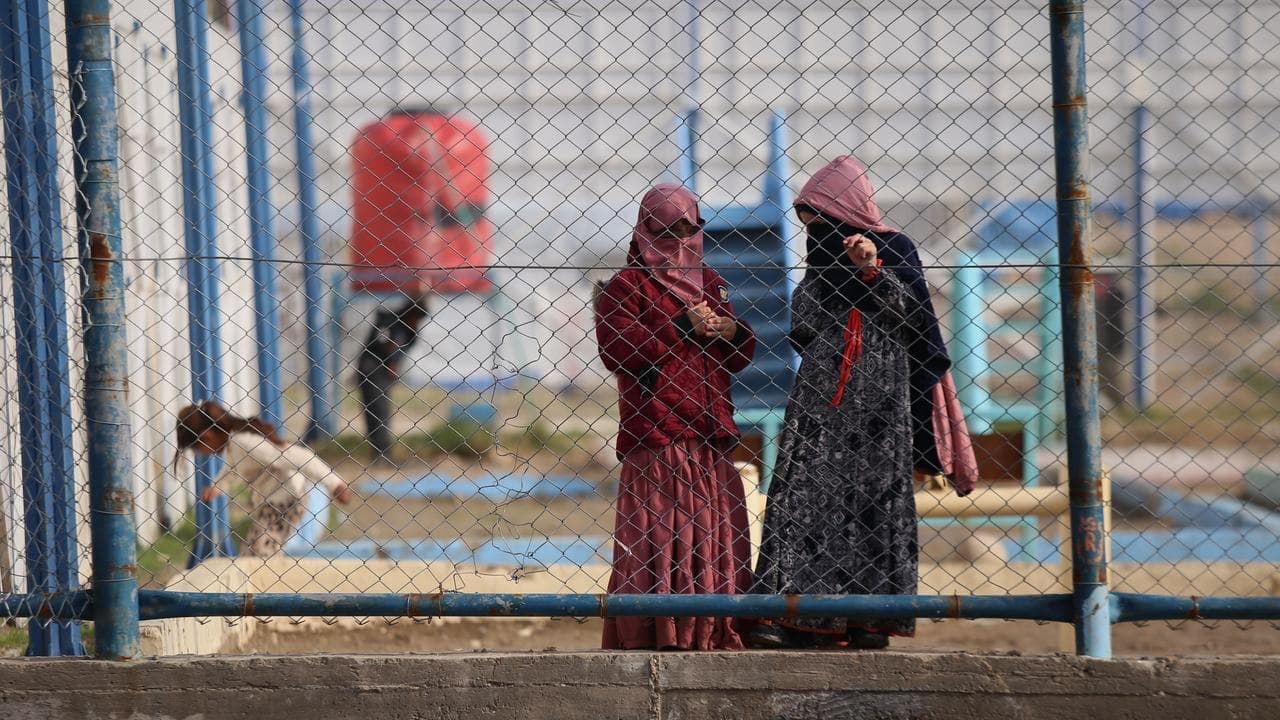AAP FactCheck Investigation: Did the number of police decline when National Party leader Judith Collins' was police minister?
The Statement
"When Judith was Minister of Police, the police numbers declined on her watch."
Jacinda Ardern, Labour Party leader and NZ Prime Minister, September 30, 2020.
The Analysis
Labour Party leader Jacinda Ardern has attacked National Party leader Judith Collins' record on law and order issues, claiming Ms Collins presided over a reduction in police numbers.
During the Newshub Leaders Debate on September 30, Ms Collins said gang numbers had increased under Ms Ardern's government, but Ms Ardern said Ms Collins had "no credibility on gangs". (Video mark 44min, 45sec).
"When Judith was Minister of Police, the police numbers declined on her watch," Ms Ardern said. "No credibility."
AAP FactCheck has examined Ms Ardern's claim that there was a decrease in the number of police under Ms Collins.
In an emailed statement provided to AAP FactCheck in August, NZ Police outlined yearly constabulary numbers from June 2008 to June 2020. The figures, which are not routinely published nor publicly available, show police officer numbers as distinct from the total number of NZ Police employees.
According to NZ Police, in June 2008, there were 8,211 police officers. Ms Collins first became police minister in November 2008.
The NZ Police figures show officer numbers then rose to 8,643 in June 2009 and 8,707 in June 2010, before dropping to 8,638 in June 2011.
Ms Collins' portfolios changed in December 2011, but she returned to the role of police minister in December 2015.
There were 8,923 police officers in June 2015 and this dropped to 8,899 in June 2016. Ms Collins portfolios changed again in December 2016.
While there were some year-on-year decreases in the number of police officers during Ms Collins' stints as police minister, officer numbers increased overall by 688.
However, when measured as a ratio of the population of New Zealand, police numbers decreased.
According to a table of Census data showing the past 29 years, there were an estimated 4,259,800 people resident in NZ in June 2008. The population rose to 4,302,600 in June 2009; 4,350,700 in June 2010; 4,384,000 in June 2011; 4,585,600 in June 2015; and 4,678,100 in June 2016.
AAP FactCheck calculated police numbers as a ratio of the resident population for the years in which Ms Collins was police minister by dividing the population figures by the constabulary numbers for the corresponding year.
This revealed there was one police officer for every 519 NZ residents in June 2008, one for every 498 residents in June 2009, 1/500 in 2010, 1/507 in 2011, 1/514 in 2015 and 1/526 in 2016.

The Verdict
NZ Police data shows actual police numbers rose between 2008 and 2016, during which time Ms Collins served two distinct periods as police minister.
When police numbers are described as an officer to resident ratio, they show an improvement during Ms Collins' first period as police minister (from 1/519 in 2008 to 1/507 in 2011).
However, during Ms Collins' second run as police minister, population growth in NZ largely outstripped the growth in police numbers (1/514 in 2015 to 1/526 in 2016). This is also true when you compare police to resident ratios for 2008 to the same data for 2016.
This means Labour Party leader Jacinda Ardern is only correct to say police numbers fell under Ms Collins when those figures are expressed as police per head of population.
Somewhat False - The claim has a problem or inaccuracy but it does contain a significant element or elements of truth.
* AAP FactCheck is accredited by the Poynter Institute's International Fact-Checking Network, which promotes best practice through a stringent and transparent Code of Principles. https://aap.com.au/











